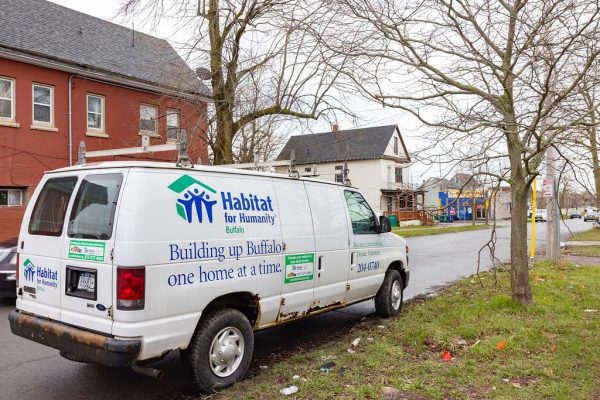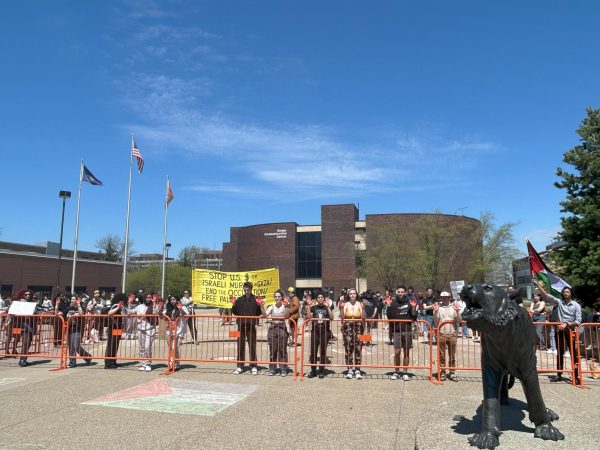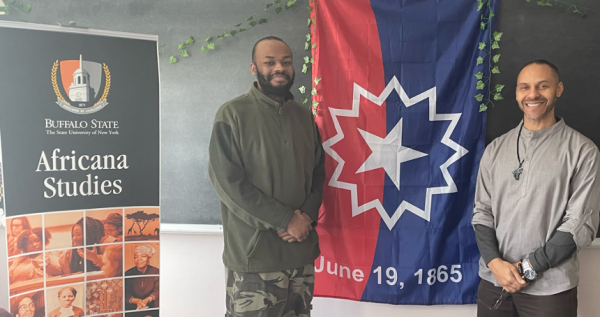Cuomo announces SUNY tuition freeze for 2016-17 school year
April 13, 2016
At the end of March, Gov. Andrew Cuomo announced a tuition freeze for SUNY colleges for the 2016-2017 school year as part of his budget plan. Tuition had increased by $300 each semester for the past five years as a part of SUNY 2020, a “rational tuition plan” to combat unpredictable tuition hikes during budget cuts by establishing a predictable yearly tuition increase.
“The cost of tuition grew over time on the backs of students and there were lots of hard years all over the country, and we had to handle it in different ways,” said Michael LeVine, SUNY Buffalo State’s vice president of finance and management.
While the rational tuition plans created a predictable tuition increase pattern, students were still not thrilled with the $1,500 tuition increase over the past few years. Wes Thomas, project coordinator of Buffalo State’s NYPIRG chapter, claims the tuition freeze was made possible thanks to student protests, petition signatures, lobbying and constant social media attention.
“I think that after the many years of constant pressure from interest groups, faculty, and the SUNY/CUNY student body, politicians have finally gave in and gave students a break for the first time in five years,” Thomas said. “This means for students that for the first time in five years, they will be paying the same amount in tuition than the year before and not have to worry about an increase in tuition.”
For students, the tuition freeze is a positive change. For administrative staff, there are some mixed feelings surrounding the freeze.
The SUNY Board of Trustees were hoping to receive a $73 million investment from the state if tuition was frozen to cover mandatory costs such as salaries and utilities. However, it does not seem likely the state will follow through. While SUNY administrative staff members do not want to see students pay extra for tuition, there is some concern about future funding.
“We don’t think students should have to pay extra, we think the state should be making an extra investment,” LeVine said, “but with having the tuition freeze without state funding there is no money coming in to cover additional costs. If we can increase enrollment we might be able to offset the costs.”
LeVine claims that Buffalo State can access funds through campus reserves if needed for the upcoming school year, but is unsure of what the plan will be if the tuition freeze lasts for more than a year.
While some believe that this tuition freeze is a good start to changing the cost of higher education, many believe that there is room for more improvement.
“This is still just a small step in the fight to make sure the state fully invests in higher education across the state,” Thomas said.“This budget did not include a real ‘maintenance of effort’ provision which would mandate that the state increases their funding at the same rate of inflation to cover increasing operating costs. The budget also did not include the approval of the “DREAM Act”, which would expand TAP and financial aid for undocumented students. NYPIRG will continue to fight for these improvements so that students can get accessibility to the education that they deserve and paid for in New York State.”
email: [email protected]












